The internet was a wonderful invention. No one can argue against that. But along with all the modern comforts and conveniences that the world wide web brought us, it also took away some old-fashioned practices that we miss. Small talk at the bus stop, handwritten letters, and being able to go completely off the grid are just a few of the things that now seem impractical, if not impossible. These are the 11 reasons why life was better before the internet. Maybe, if we petition everyone on the interwebs, we can bring back the good old analog days?
Hero worship: 5 Reasons Why Keanu Reeves is the Internet’s New Jesus
Throwback: The Absolute 10 Best Things About Growing Up in the ’90s
Follow Mandatory on Facebook, Twitter, and Instagram.
Life Before the Internet
-
People could be unreachable.
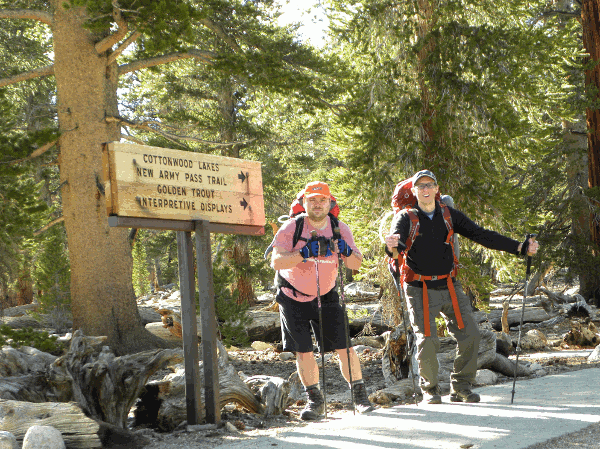
Once upon a time, you could take off for days, weeks, or even years and no one would know where you were or what you were up to. (Unless you sent a postcard or used a pay phone.) Nowadays, it's impossible to get truly lost. Thanks, technology.
-
People used paper maps.

Even Google can't translate the beauty of a map onto a screen. Learning to read a map used to be a rite of passage. Once you figured out how to navigate on paper, theoretically, you could go anywhere! When the apocalypse finally arrives, only those who know how to read old-fashioned maps will survive.
-
People read actual books.

Back in the day, before the internet consumed our every waking hour, people had time to fill, and one of the most popular ways to fill that time was with books. Bound, printed books were the original portable form of entertainment. There's also that library book smell that e-readers just can't beat.
-
People had to be creative.
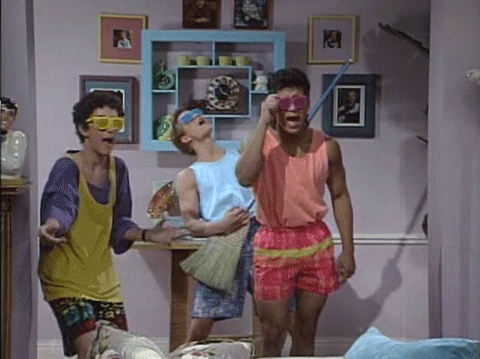
In pre-internet times, there were no streaming services to binge with, no YouTube videos to watch, no social media to scroll through. People actually had to use their imaginations. This led to all sorts of outrageous behavior, especially around our friends. While we remember it fondly, we're glad that most of it wasn't caught on videotape (and if it was, thank goodness no one has a VCR anymore).
-
People talked (and listened) to one another.

Before the internet, and the subsequent invention of smartphones, people couldn't hide behind their screens. They talked to strangers to pass the time – while waiting in line, at the bus stop, in elevators – and they talked to their loved ones in the car, over meals, and even in bed! And the people who didn't talk had to listen (or at least pretend to listen). The result was we all felt a little less alone. Here's hoping face-to-face conversation makes a comeback.
-
People asked questions.

Pre-internet, if you didn't know how to change a flat tire or where to go on vacation or what temperature to cook a hamburger on the grill, you asked someone – because you had to. This let more experienced people feel like experts, and you felt assured that someday, you'd be one, too. There was a lineage of information sharing, and it's been completely obliterated by Google. Now, you can find the answer to any query, and that's not necessarily a good thing.
-
People called each other – and answered the phone!
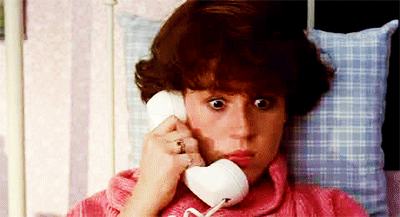
Way before the internet, people had rotary phones. With chords. And no caller ID. Some didn't even have answering machines! So when the phone rang, the only reason you didn't answer it is if you literally couldn't reach the phone in time. This meant that every caller was on an even playing field and got the chance to say their piece, even if only for a few seconds, before getting brutally hung up on.
-
People could be mysterious.

It used to be that people only knew what you told them about yourself (or what they overheard from the local gossip). There were no frantic Google searches, no social media profiles to stalk. The slow reveal was the status quo. This made dating a lot more fun.
-
Shopping was an experience.
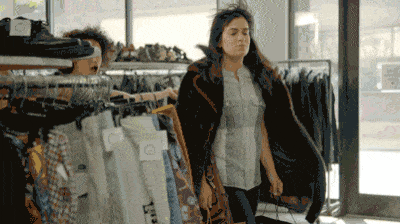
Before e-commerce made shopping a task you could do with one click, people would dedicate entire days to trekking through the mall just to find the right sweater. Along the way, you might also see a movie, get lunch, or enjoy an amusement park ride (if you were lucky enough to live near the Mall of America). You'd arrive home exhausted, your arms full of shopping bags, then show off each purchase to those who didn't go on the shopping trip. There was a social, hunter-gatherer aspect to procuring goods that in no way compares to tapping your smartphone and waiting for the Amazon package to show up 48 hours later.
-
People cooked.
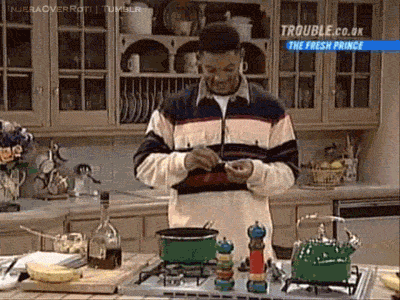
In the olden days, going to a restaurant was something you did on a special occasion. Most nights, you'd eat a home-cooked meal (or at least a microwave-heated meal). If your mom was really nice, you probably got pizza or Chinese takeout once or twice a week, too. Now, it seems like nobody cooks. Even the people who claim to use their kitchens rely on ingredients selected and delivered for them, so all they have to do is combine them in a pan. That's not the same thing as cooking, people. It's not the same thing at all.
-
People wrote letters.

It used to be that people communicated with pen and paper. Sweethearts wrote letters to one another, kids composed wish lists for Santa, and fans sent adoring missives to their favorite movie stars. There’s nothing quite like receiving a longed-for letter in the mail, especially if it had those blue and red air mail marks in it. To think that a few pieces of paper could travel all the way around the world! With the advent of email, the art of letter writing died, and with it, so did the personality and pride of penmanship. We'd like to write a strongly worded letter to whoever is responsible for this.









